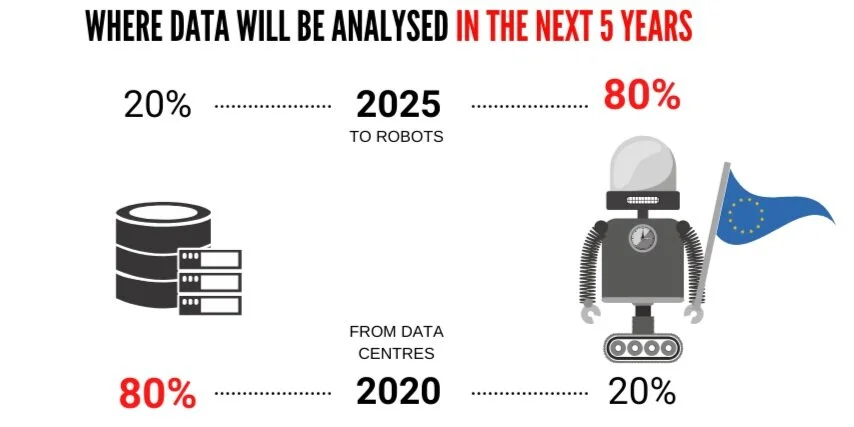Shifting from data centres to robots, cars, and connected devices means data creation is more personal and more prevalent. Sharing it will power the digital economy.
The EU has put forward a “data strategy whose ambition is to enable the EU to become the most attractive, most secure and most dynamic data-agile economy in the world” as it recognises that data is the “lifeblood of the economy” and will improve decisions and better the lives of all of its citizens.
It recognises that a core part of this strategy will be an investment in improving its governance structures for handling data and to increase its pools of quality data available for use and reuse. Data sharing needs to balance the flow and wide use of data while preserving high privacy, security, safety and ethical standards.
Data Foundations are one practical way to achieve this and we’re particularly interested in projects which start with “We’re having challenges sharing our data with multiple parties because [fill in the blank as you wish…].”

